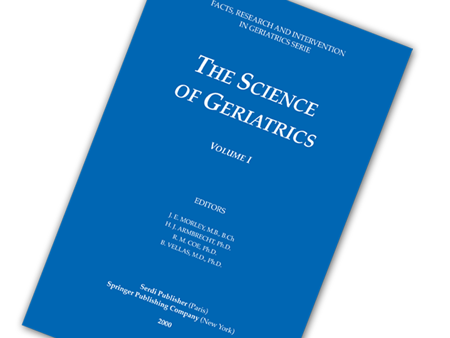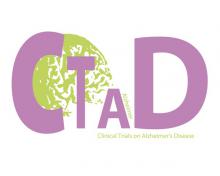Objective: We performed a systematic review and meta-analysis of cross sectional studies on measuring normal hip BMD. Methods: The existing studies were conducted in mainland China from the year of 1993 to 2018. Participants were either recruited by population sampling, referred for BMD assessment at routine health checkup or volunteers. The outcomes were hip BMD at ROI of femoral neck and total hip. Methodological qualities were assessed using AHRQ cross-sectional study quality assessment scales. Meta-analysis was conducted applying RevMan software. Results: 78 cross-sectional studies were retrieved concerning application of six types of DXA scanners in measuring normal hip BMD. The existing studies had reporting bias, participant selection bias and measurement bias. Meta-analysis was made only on two studies which had quality scores of 6. Female Chinese Han had significantly lower femoral BMD values than US Caucasian women standard database from NHANES III (2005-2008) (P < 0.05). The planned subgroup analysis by 5-year of age shows that there are heterogeneities of femoral mean BMD values in age groups of 60~ 69 and over in men and 40~ 49 and over in women (P < 0.1). Conclusions: Chinese people have a significantly lower normal bone mineral density compared with US Caucasians and the hip BMD losses are distinctive after age of 60 years in men and 40 in women. Our study suggests high quality population-based longitudinal cohort studies on measuring normal hip BMD in future in China.
(1) Guangshun Wang, Chuang Han, Yawen Wang, Chunliu Yang, Janette Vardy, Lixin Ma Care Weekly 2020;4:1-7



